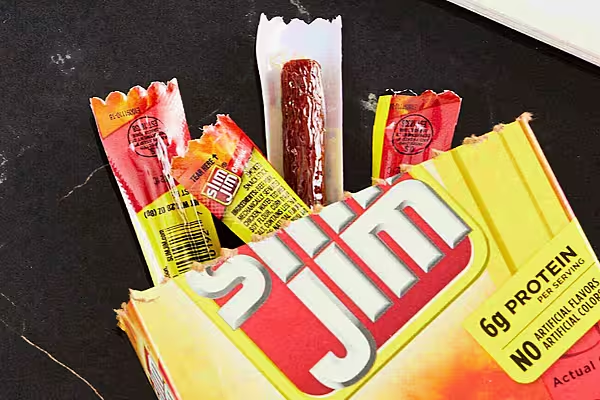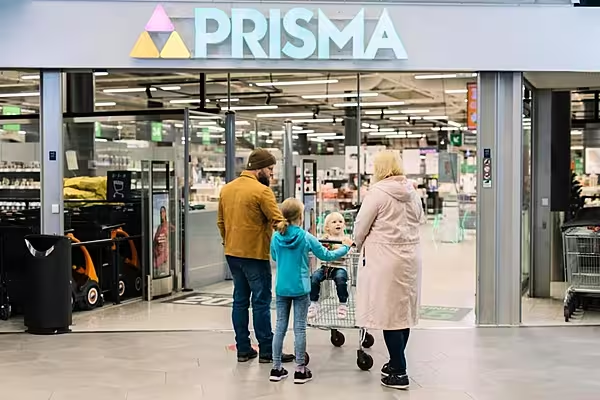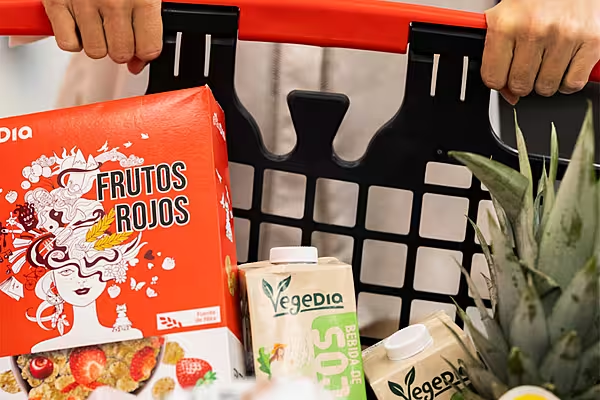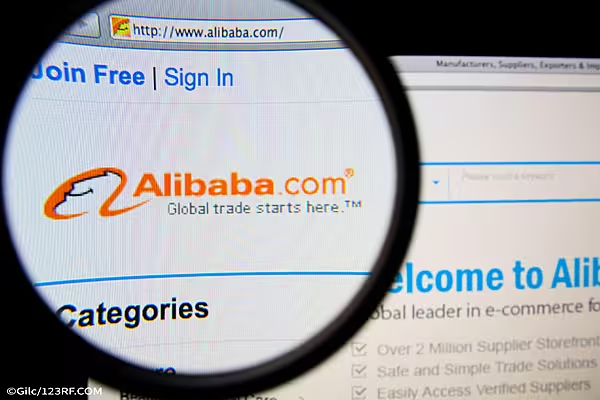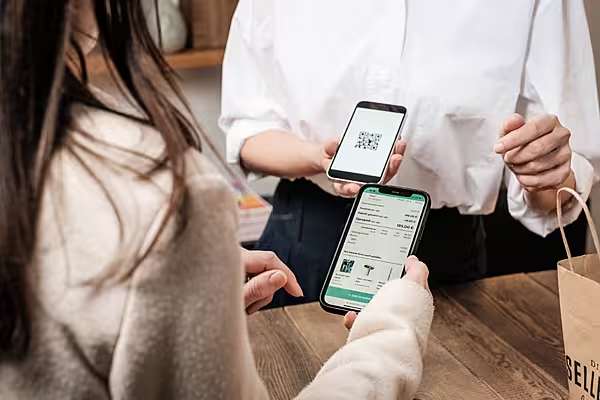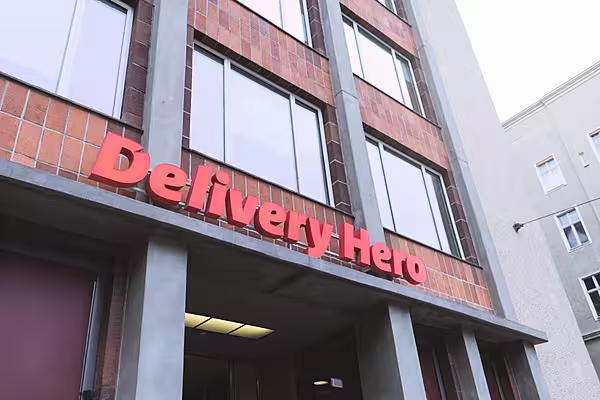In meetings late last year, DoorDash pitched venture capitalists on an investment that would value the food-delivery company at $1 billion, people with knowledge of the matter said. The company is back on the fundraising trail for that same round, except this time it’s slashed its lofty goal to as low as $600 million, according to the people, who requested not to be named because the discussions were private.
If DoorDash closes the financing at the terms proposed to some investors recently, the valuation would be around the same as the one from the last round in March 2015, which was $600 million, the people said this week. The talks are ongoing, and the terms could change again, they said. A spokesman for DoorDash declined to comment.
The comedown for DoorDash shows delivery start-ups may be losing some of their allure. Such businesses are costly to operate and often take on huge losses in pursuit of growth. Instacart, the grocery-delivery company that was valued at $2 billion by investors, raised prices in December, a move it attributed partly to “changing market conditions.” It also cut staff, according to Re/code. Good Eggs, which works with farmers to deliver fresh produce, closed all of its operations outside San Francisco in August.
High costs aside, investors had been eager to plow money into delivery companies, especially when acquisition interest was high in the last couple of years. Square purchased food-delivery companies Caviar and Fastbite in 2014 and 2015. Yelp acquired Eat24 for $134 million in February 2015. By June, research firm CB Insights described the food-delivery market as “overcrowded.”
DoorDash said it raised $40 million in March 2015 from investors such as Kleiner Perkins Caufield & Byers, Sequoia Capital, Khosla Ventures, and Charles River Ventures. Sequoia was expected to lead the upcoming round at a valuation of $1 billion before the company lowered its target. The Wall Street Journal earlier reported on DoorDash’s struggles in its fundraising talks.
This week, DoorDash said it had named Chris Payne, the former chief executive officer of dating app Tinder, as its chief operating officer. DoorDash CEO Tony Xu told Re/code that after his company’s “hyper-growth” in 2015, he needed a partner to help untangle “the complexity of the business.”
News by Bloomberg, edited by ESM. To subscribe to ESM: The European Supermarket Magazine, click here.

